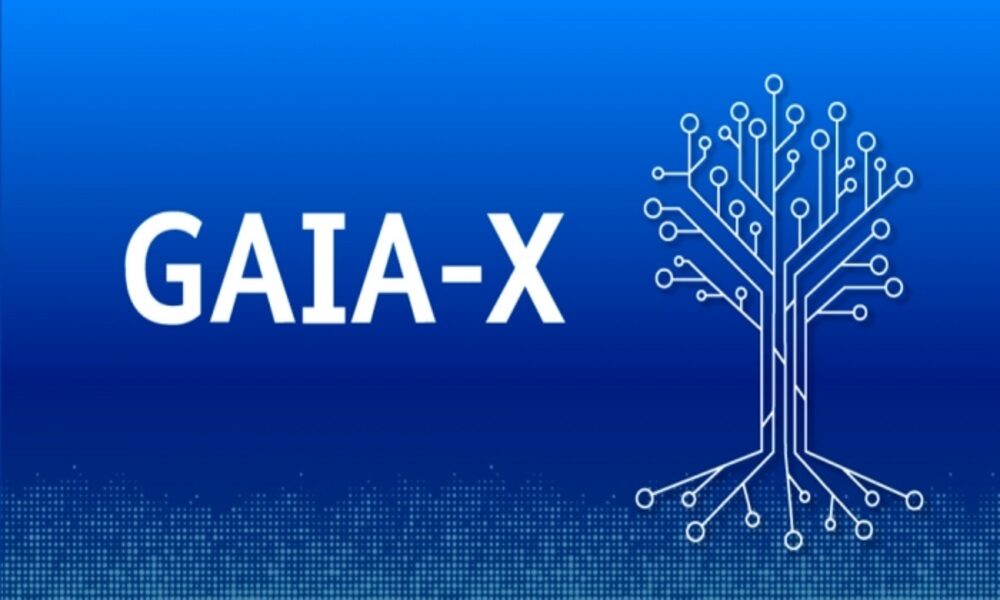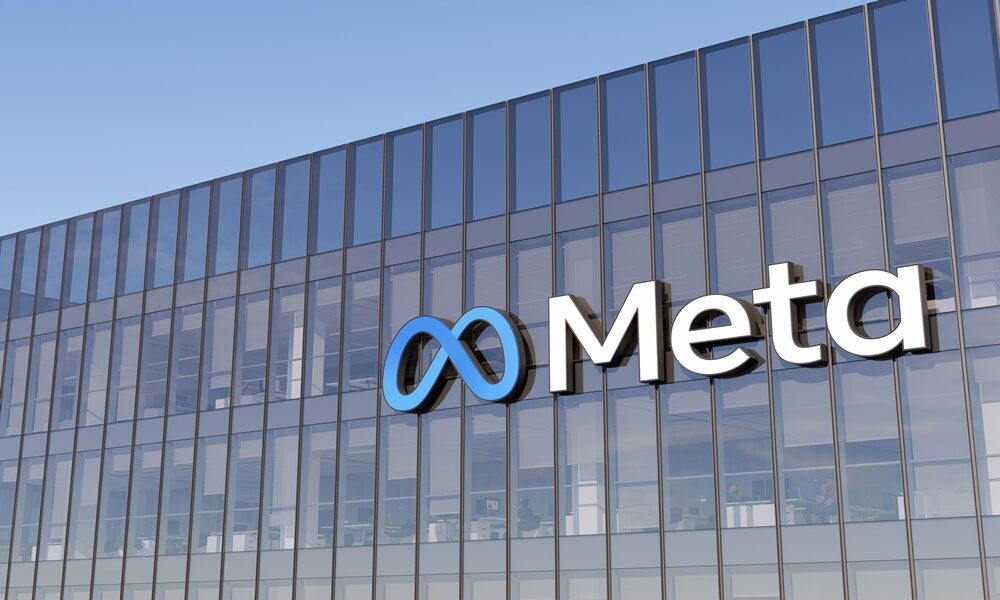
On the verge of completing the first anniversary of the inauguration of Gaia-X in Spainpresented in the FITUR 22 edition, the need arises to see if this project has really had the expected effect.
It is in the development phase, but more and more companies, administrations and technological developers are joining the idea of creating a database with huge recordsalthough safeguarding the protection of each citizen and institution.
In this year’s edition, the Health, Mobility and Industry working groupsgaining special prominence from the doctors of the Hospital Clinic of Barcelonabeing this center the one that leads the Health work group within Gaia-X together with Ametic.
The fact that Health shares its reports and studies in an interconnected data cloud makes it possible to predict how transplants will evolve or, for example, to anticipate the declaration of a new pandemic, and all of this is possible thanks to the use of artificial intelligence.
The name of Gaia X comes from the Greek goddess of the Earth and it involves data infrastructures and service providers that ensure that Europe’s digital sovereignty is guaranteed. Nevertheless, Gaia X is not presented as a ‘European cloud’ to compete with the private services offered by the servers of large technology companies such as Microsoft, Google or Amazon (which control approximately 70% of the market, according to Gartner data in 2018), but to create an open federation of cloud services and promote the so-called Data Economy.
That is why its objective will be to bring together all cloud providers, including the American ones, in a only infrastructure, bringing full transparency for free to the process. However, it is necessary to apply a consonance between the laws, the technological aspects and the security of the citizens so that they can finally unite the data layer with the infrastructure layer (servers, networks and hyperscalers).
Your presence in Spain
He arrived in Spain in March 2022being the pioneer countries France and Germany, hand in hand with the Secretariat of State of Digitization and Artificial Intelligence (SEDIA) and of the Data Office. Its headquarters are located in Talavera de la Reina and in it participate 200 public and private entities such as the Junta de Comunidades de Castilla-La Mancha, the Xunta de Galicia, IBM, Ametic, IndesIA, Telefónica, the Red Cross or Airbus, among others.
All entities work in Gaia-X horizontallyto define technologies and standards, and verticallyforming working groups: Tourism (AnySolution), Mobility (Eit Urban Mobility), Industry 4.0 (IndesIA), Agro (CTIC), Health (Ametic), and Technology (Tecnalia).
Nuria Avalosvice president of Gaia-X and director of IndesIA, assures that they are strengthening an Industry 4.0 that removes barriers and implement artificial intelligence.
Gaia-X Spain uses data spaces that work in a decentralized manner and share data between them, that is, data sharing ecosystems. In this way, although the health centers have their own language, they will later have to homogenize it in the same data language so that they are interchangeable with other centers and systems.
Gaia-X Spain seeks an intermediate point between the german modelwhich considers that the data belongs to the citizen, and the french model, whose data is managed by the public company. An EU bill proposes to make the new healthcare data space more compliant with French through a number of agencies using sharing software.
Thus, companies of all kinds such as eccocar (car rental company) need data exchange to improve their services and offer, for example, intermodal travel.
job prospect
The Secretary of State for Digitization and Artificial Intelligence has achieved one million euroswith European funding, for the design of an interoperable data space for Tourism, the working group that grows the most from the beginning. They presented an x-ray of the sector and exposed the need to share the data.
In Gaia-X it has been perceived that health working group lagged behind as it did not have public or private financing, for which reason membership fees and NextGen Funds to deal with the non-activated groups.
Joaquin salvachuaprofessor at the Polytechnic University of Madrid and representative of the group of Universities and Research Organizations in Gaia-X explains that this group cannot be compared with Amazon or Google Cloud, but that they are working on a deep data connectors, setting this year a reference implementation and that use cases are created in the vertical work groups. For the design and execution of the software, components from other European projects such as fiware.
Nevertheless, Gaia-X does not talk about creating open data, since they would get out of control and could be used for other purposes. Thus, they would not be open to all citizens, but to those who are part of the federated platforms. In this sense, universities could act as infrastructure providers and middle point between the commercial interests of the companies, but that was not a lobby.



